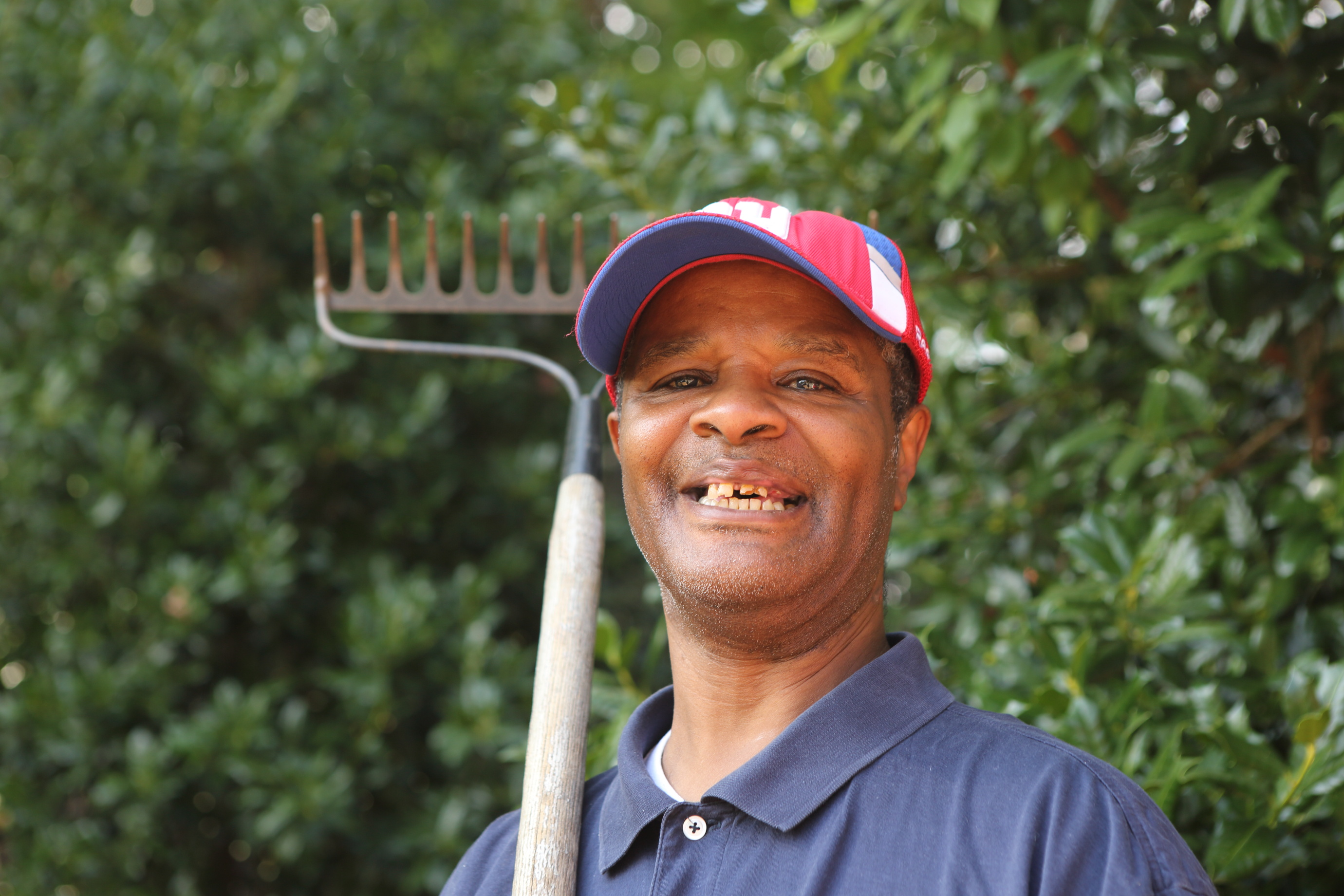Working Together to End Homelessness
Posted on November 17, 2009
For this week’s blog, I have asked Allison Bogdanovic, VSH’s Director of Housing Development, to write a few words about regionalism and homelessness.
Thanks, Alice
Virginia Supportive Housing (VSH) has been selected to present a workshop entitled “Regional Solutions to Housing Challenges” at the 2009 Governor’s Housing Conference scheduled for Nov. 18 through 20, in Norfolk.
Just as no individual should have to go it alone in the fight against homelessness, neither should one particular jurisdiction. Homelessness does not end at a city boundary. It hurts the social capital and economic growth opportunities for an entire region.
Regional collaboration is not a new concept. Local jurisdictions often work together to achieve efficiency in the global marketplace. Regions also take advantage of geograph¬ic proximity to unite around common interests, such as transportation or work force development.
All localities benefit from a reduction in homelessness.
- Regional support is cost effective. If each city contributes to the development, one city does not carry the entire financial burden.
- The development improves the region’s quality of life by reducing homelessness, incorporating green building and contributing to revitalization efforts.
VSH believes that regional collaboration is the key to addressing homelessness at a time of local and state budget limitations.
In late 2006, South Hampton Roads became home to the first regional supportive housing residence of its kind in the nation with the opening of Gosnold Apartments in Norfolk. The localities of Norfolk, Virginia Beach, and Portsmouth provided funding and rental subsidies. Developed and operated by Virginia Supportive Housing, Gosnold houses 60 formerly homeless individuals in studio apartments.
In 2008, Virginia Supportive Housing created Cloverleaf Apartments in Virginia Beach, the second regional permanent supportive housing development for homeless single adults in the region. This successful model is being repeated in Portsmouth with the development of South Bay Apartments, expected to open in the fall of 2010. As with Cloverleaf, the four cities of South Hampton Roads are providing funding and rental subsidies.
VSH is also building an addition to South Richmond Apartments located on Hull Street Road. The addition will provide twenty-one new studio apartments with comprehensive supportive services for formerly homeless single adults from the Richmond area with regional support from the City of Richmond, Henrico County, and Chesterfield County.
With permanent housing and support services, formerly homeless individuals improve their health, incomes and housing stability. Virginia Supportive Housing has a 90 percent success rate in assuring that its tenants and program participants do not return to homelessness.
Portions of this blog were originally published on November 5, 2008 in the Op-Ed section of The Virginian-Pilot.


